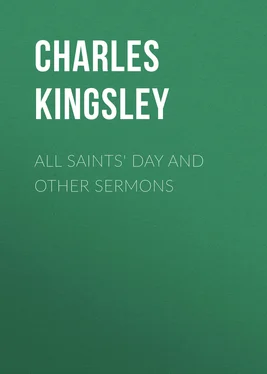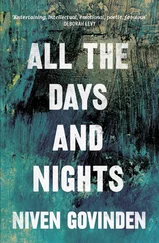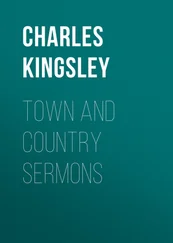True it is, as St. Paul says, that if in this life only we have hope in Christ we are of all men most miserable. For we do not care to be of the earth, earthy: we long to be of the heaven, heavenly. We do not care to spend our time in eating and drinking, mean covetousness, ambition, and the base pleasures of the flesh: we long after high and noble things, which we cannot get on earth, or at best only in fragments, and at rare moments; after the holiness and the blessedness of ourselves and our fellow-creatures. But we have hope in Christ for the next life as well as for this. Hope that in the next life He will give us power to succeed, where we failed here; that He will enable us to be good and to do good, and, if not to make others good (for there, we trust, all will be good together), to enjoy the fulness of that pleasure for which we have been longing on earth—the pleasure of seeing others good, as Christ is good and perfect, as their Father in heaven is perfect.
To be good ourselves, and to live for ever in good company—ah my friends, that is true bliss. If we cannot reach that after death, it were better for us that death should make an end of us, and that when our body decays in the grave we should be annihilated, and become nothing for ever.
But Easter day says to us, If you labour to create good company in this life, by trying to make other people round you good, you shall enjoy for ever in the next world the good company which you have helped to make. If you labour to make yourself good in this life, you shall enjoy the fruit of your labour in the next life by being good, and, therefore, blessed for ever. Easter day says, Your labour is not vanity and vexation of spirit. It is solid work, which shall receive solid pay from God hereafter. Easter day is a pledge—I may say a sacrament—from God to us, that He will righteously reward all righteous work; and that, therefore, it is worth any man’s while to labour, to suffer, if need be even to die, in trying to be good, noble, useful, self-sacrificing, as Christ toiled and suffered and died and sacrificed Himself to do good. For then he will share Christ’s reward, as he has shared Christ’s labour, and be rewarded, as Christ was, by resurrection to eternal life.
And so Easter day should give us strength to live like men—the only truly manly, truly human life; the life of being good and doing good.
And strength to die. Men are afraid of dying, principally, I believe, because they fear the unknown. It is not that they are afraid of the pain of dying. It is not that they are afraid of going to hell; for in all my experience, at least, I have met with but one person who thought that he was going to hell. Neither is it that they are afraid of not going to heaven. Their expectation almost always is, that they are going thither. But they do not care much to go to heaven. They are willing enough to go there, because they know that they must go somewhere. But their notions of what heaven will be like are by no means clear. They have sung rapturous hymns in church or chapel about the heavenly Jerusalem, and passing Jordan safe to Canaan’s shore, with no very clear notion of what the words meant—and small blame to them.
But when they think of actually dying, they feel as if to go into the next world was to be turned out into the dark night, into an unknown land, away from house and home, and all they have known, and all they have loved; and they are ready to say with the good old heathen emperor, when he lay a-dying—
“Little soul of mine, wandering, kindly,
Companion and guest of my body;
Into what place art thou now departing,
Shivering, naked, and pale?”
And so they shrink from death. They must shrink from death, unless they will believe with their whole hearts the good news of Easter day. The more thoughtful and clever they are, the more they will shrink from death, and dread the thought of losing their bodies. They have always had bodies here on earth. They only know themselves as souls embodied, living in bodies; and they cannot think of themselves in the next world with any comfort, if they may not think of themselves as having bodies.
Конец ознакомительного фрагмента.
Текст предоставлен ООО «ЛитРес».
Прочитайте эту книгу целиком, купив полную легальную версию на ЛитРес.
Безопасно оплатить книгу можно банковской картой Visa, MasterCard, Maestro, со счета мобильного телефона, с платежного терминала, в салоне МТС или Связной, через PayPal, WebMoney, Яндекс.Деньги, QIWI Кошелек, бонусными картами или другим удобным Вам способом.
These sermons by the Rev. Charles Kingsley M.A., late rector of Eversley and Canon of Westminster, were edited by the Rev. W. Harrison, M.A., rector of Brington. – DP.












